Who pays for flowers at a wedding reception?
Traditionally, the cost of flowers at a wedding reception is typically covered by the couple getting married. However, in some cases, the cost may be shared or contributed by other family members or loved ones. It ultimately depends on the specific arrangements and agreements made by the couple and their families.
1、 Bride and groom
Traditionally, the responsibility of paying for the flowers at a wedding reception falls on the bride and groom. However, in recent years, there has been a shift in this tradition, and the responsibility is often shared or taken on by other parties involved in the wedding planning process.
In some cases, the couple's families may offer to contribute to the cost of the flowers as part of their overall financial contribution to the wedding. This is especially common if the parents of the bride or groom are hosting the reception or if they have expressed a desire to be involved in the planning process.
Additionally, some couples choose to hire a wedding planner or coordinator who may include the cost of flowers in their overall fee. In this case, the couple would be paying for the flowers indirectly through the services of the wedding planner.
Furthermore, some couples opt for more budget-friendly options when it comes to floral arrangements. They may choose to DIY their own centerpieces or use alternative decorations that do not require expensive floral arrangements. In these cases, the couple themselves would be responsible for purchasing the flowers and arranging them.
Ultimately, who pays for the flowers at a wedding reception can vary depending on the specific circumstances and preferences of the couple. It is important for the couple to have open and honest discussions with their families and wedding planner, if applicable, to determine the best approach for sharing the financial responsibility of the flowers.

2、 Wedding party
Traditionally, the responsibility of paying for flowers at a wedding reception falls on the wedding party. This includes the bride and groom, as well as their families. The couple usually takes care of the cost of the bridal bouquet, bridesmaids' bouquets, boutonnieres for the groom and groomsmen, and any other floral arrangements specific to the wedding party.
However, it is important to note that wedding traditions are constantly evolving, and there is no hard and fast rule regarding who pays for what. In recent years, it has become more common for couples to split the cost of the wedding expenses, including flowers, with their families. Some couples even choose to cover the entire cost themselves.
Additionally, there are cases where the couple may opt for a more budget-friendly approach and choose to DIY their floral arrangements or use alternative decorations instead of traditional flowers. This can help reduce costs and allow the couple to allocate their budget to other aspects of the wedding.
Ultimately, the decision of who pays for flowers at a wedding reception depends on the couple's preferences, financial situation, and the level of involvement and contribution from their families. It is essential for the couple to have open and honest discussions with their families to determine how the expenses will be divided and ensure that everyone is on the same page.

3、 Parents of the couple
Traditionally, the parents of the couple are responsible for paying for the flowers at a wedding reception. However, in recent years, there has been a shift in this tradition, and the responsibility for paying for flowers has become more flexible and varied.
In the past, it was customary for the bride's family to cover the cost of all wedding expenses, including the flowers. This was seen as a way for the bride's family to contribute to the celebration and show their support for the couple. The groom's family would typically contribute in other ways, such as paying for the rehearsal dinner or the honeymoon.
However, with changing societal norms and the increasing independence of couples, the responsibility for paying for wedding expenses, including flowers, has become more evenly distributed. Many couples now choose to pay for their own wedding or split the costs with both sets of parents. This allows the couple to have more control over the wedding planning process and ensures that the financial burden is shared.
In some cases, the couple may also choose to hire a wedding planner or coordinator who can help with budgeting and allocating funds for different aspects of the wedding, including flowers. This can help ensure that the couple stays within their budget while still having beautiful floral arrangements at their reception.
Ultimately, who pays for the flowers at a wedding reception can vary depending on the couple's preferences, financial situation, and family dynamics. It is important for the couple to have open and honest discussions with their families about their expectations and financial contributions to avoid any misunderstandings or conflicts.

4、 Guests
Traditionally, the responsibility of paying for flowers at a wedding reception falls on the couple getting married. However, in recent years, there has been a shift in this tradition, and the question of who pays for the flowers has become more flexible.
In modern times, it is not uncommon for the couple to share the cost of the flowers with their families. The couple may contribute a certain amount, while the families of the bride and groom may also contribute towards the floral arrangements. This approach allows for a more collaborative effort and helps alleviate the financial burden on the couple.
Another option is for the couple to hire a wedding planner or coordinator who can handle all aspects of the wedding, including the flowers. In this case, the cost of the flowers would be included in the overall wedding budget, which is typically funded by the couple.
Alternatively, some couples may choose to have a more intimate wedding with a smaller guest list, which can help reduce the overall cost of the wedding, including the flowers. In this scenario, the couple may be able to cover the cost of the flowers themselves.
Ultimately, the decision of who pays for the flowers at a wedding reception depends on the couple's preferences, financial situation, and the level of involvement from their families. It is important for the couple to have open and honest discussions with all parties involved to determine the most suitable arrangement.




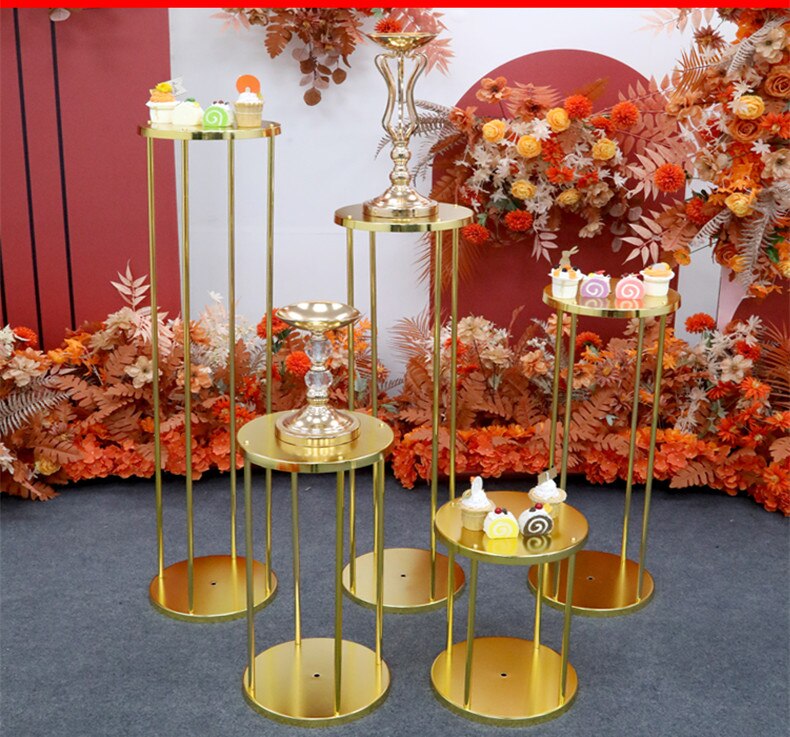
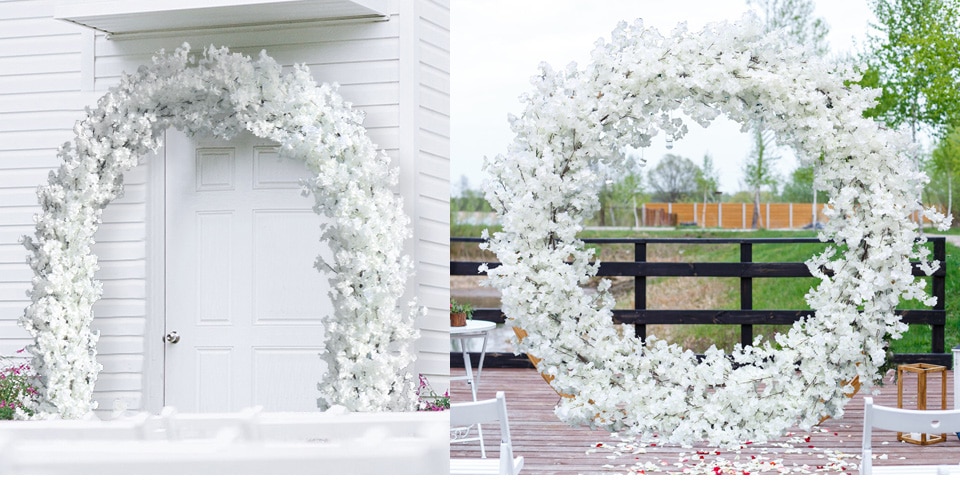

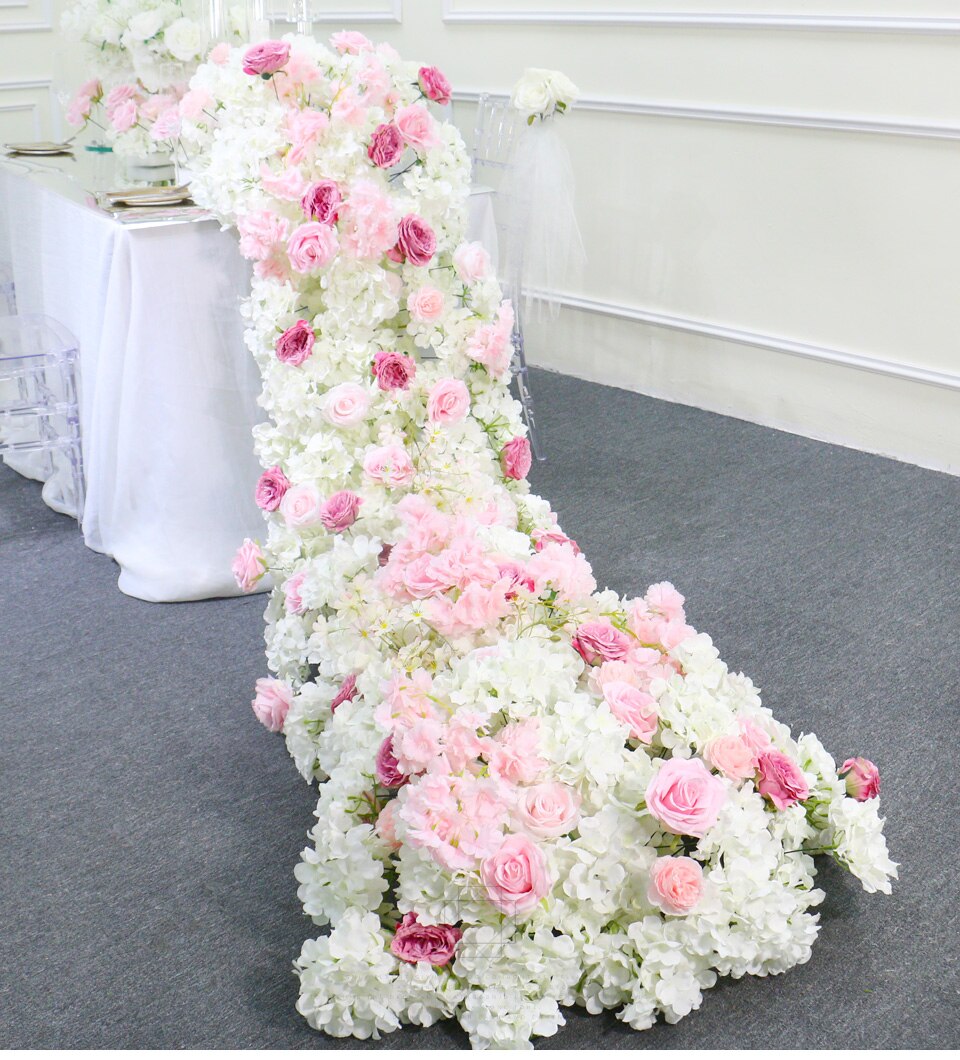
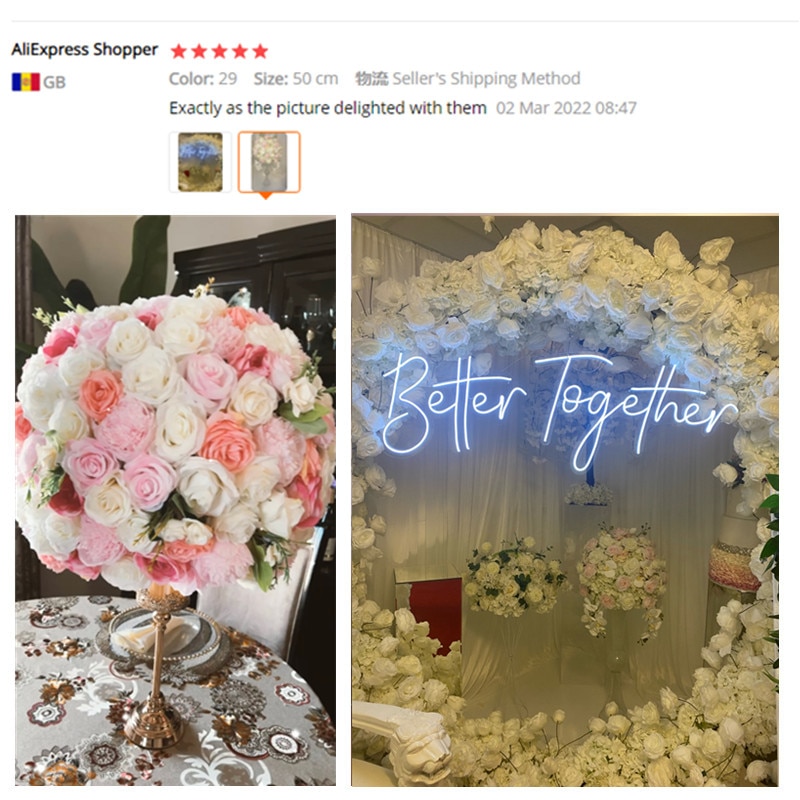
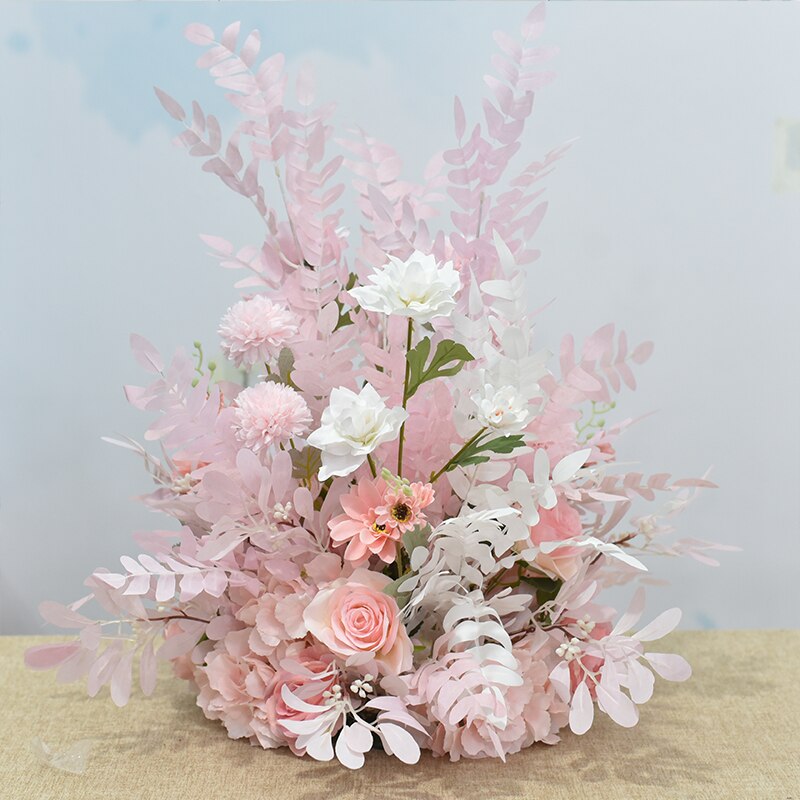
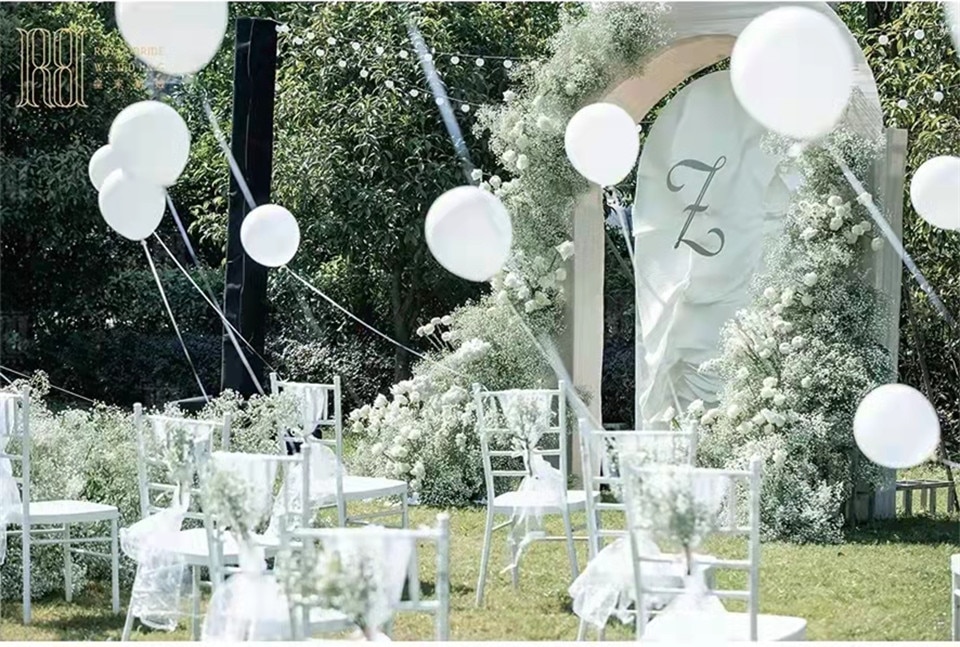


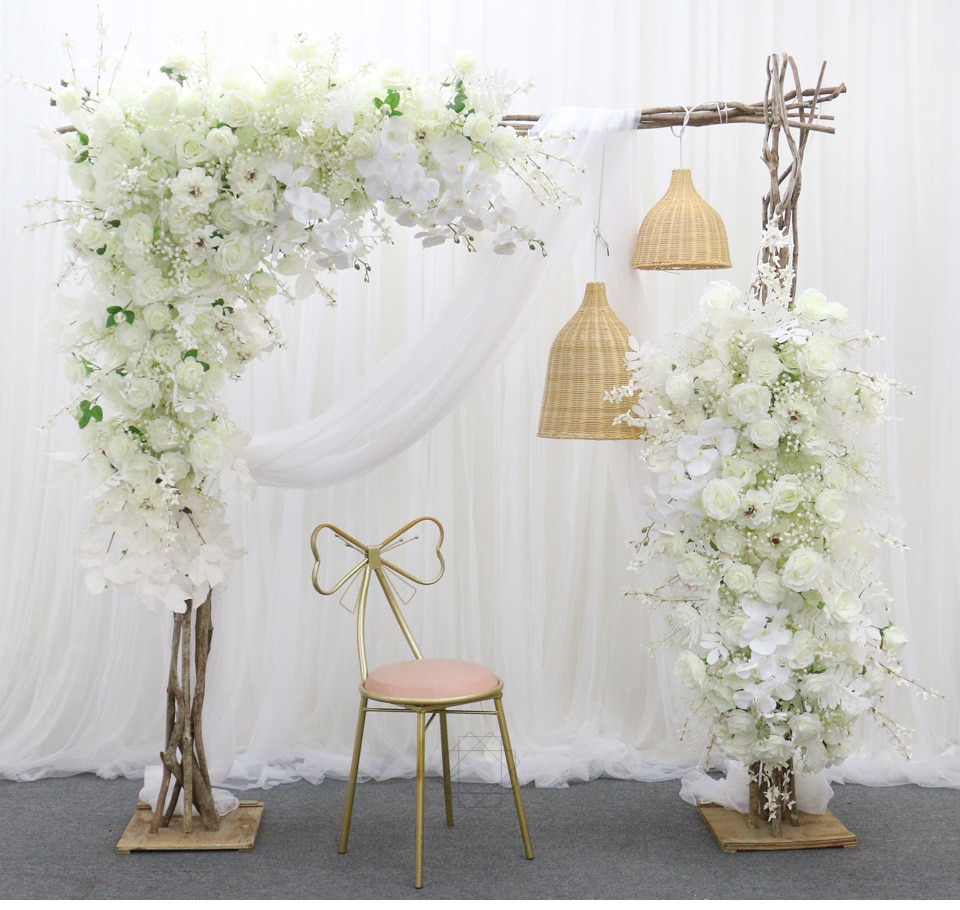




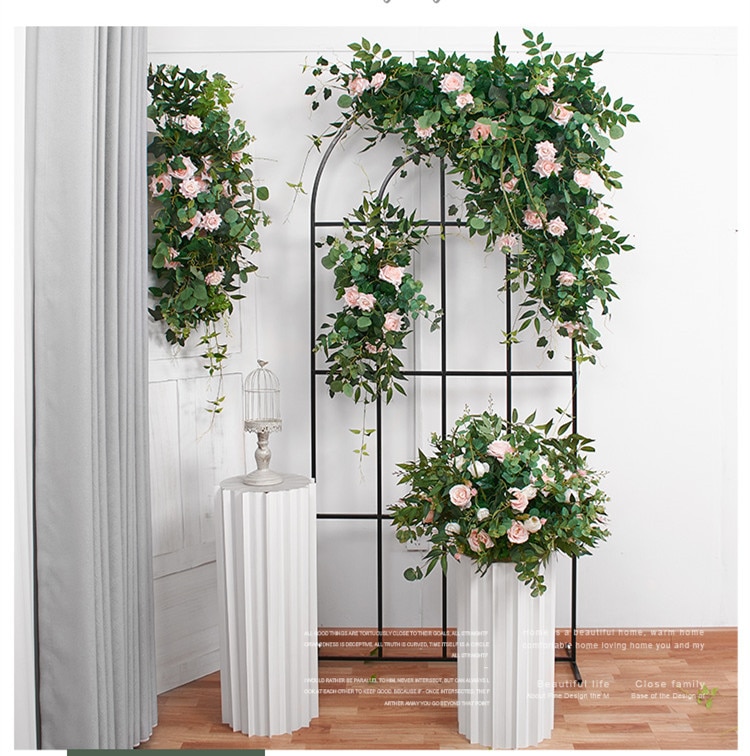























Leave your comment